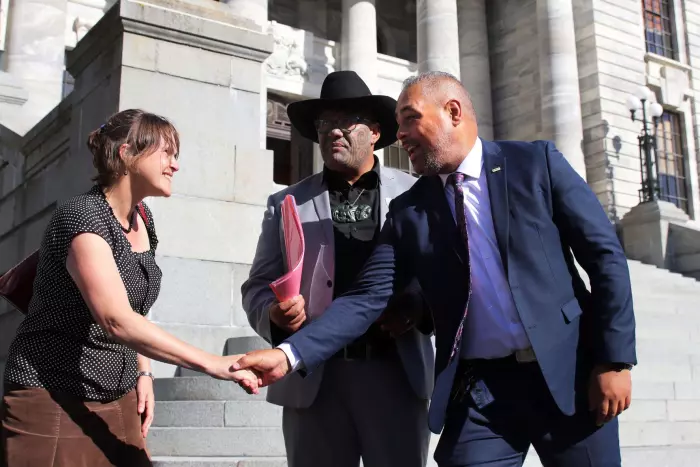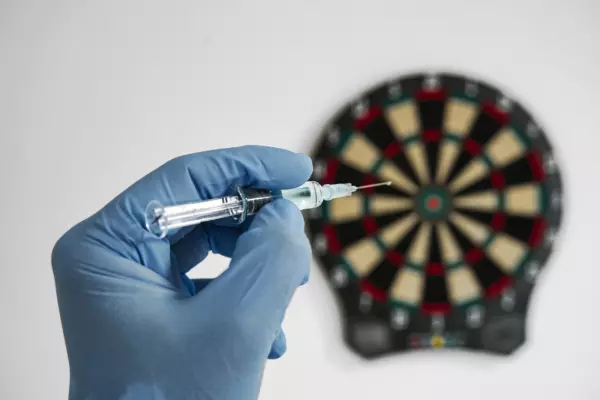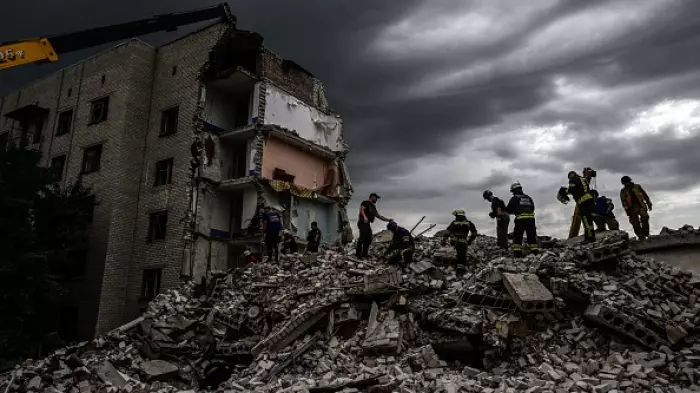In March 2020, a review of New Zealand’s health and disability system, commissioned by then minister of health David Clark and chaired by Heather Simpson, recommended setting up a new independent statutory Māori health body.
The decision-making process that led to this recommendation is filled with intrigue.
The review recommended restricting the new body to just an advisory role. But most review members wanted it to have stronger decision-making powers. The only explanation for this odd outcome was a public utterance from Simpson that a majority view does not necessarily make it a review view.
Thirteen months and two health ministers later, Andrew Little announced the government’s response. It included setting up the Māori Health Authority (Te Mana Hauora Māori).
However, the Simpson review's recommendation was not accepted. Instead the government accepted the argument for the new organisation having stronger decision-making powers.
Some enthusiastic supporters suggested that its existence alone would make a big difference in reducing Māori health inequities, making it a magic bullet.
On the other hand, for some of the more entrenched opponents MHA is reduced to a simple equation: 17% of the population controlling 50% of healthcare in New Zealand.
Both these extremes are reductionist and misplaced.
Getting to the core of the issue
When the Pae Ora (Healthy Futures) Act takes force on July 1, the Māori Health Authority will have the power to:
- Co-commission and plan Māori healthcare services with the new Health New Zealand structure which replaces the district health boards.
- Commission kaupapa Māori services.
- Monitor the performance of the system for Māori.
This makes the authority a potentially influential organisation to help turn around the largely accepted health inequities Māori face. Recognising kaupapa alone is significant, given that it comprises principles and ideas which act as a base or foundation for action.
This could be powerful for ensuring that Māori access to quality community healthcare is improved, which also improves access to hospital diagnosis and treatment.
Ensuring this would be an excellent starting point.
The authority is accused of having a “veto” over decision-making. However, this is misleading.
The authority and Health NZ have to reach agreement, but this is on matters relevant to Māori health and wellbeing.
If they can’t agree, the matter is left to the health minister to decide.
This is similar to the relationship between the treasury and the many government ministries and departments it regularly deals with.
When unresolved differences happen, it's the relevant cabinet ministers who decide the matter.
One contentious issue is the adequacy of funding in the 2022-23 Budget for Māori Health, which comprises about 2.3% of the total health budget.
The Budget allocated $188.1 million over four years to the Māori Health Authority, compared with the $1.8 billion and $1.3b committed to Health NZ in its first two years.
When you read it as starkly as this, it isn’t a good look. However, this comparison omits the reality that many Māori will receive healthcare through mainstream facilities – including public hospitals – and that the Māori Health Authority should be able to influence how this access and quality can be enhanced. Nevertheless, whether there's enough funding will require scrutiny.
Social determinants of health
Obviously, enhancing Māori access to comprehensive quality healthcare, from community, to hospital care and wellbeing, must be a central objective of the authority. But I would hope that it would go further than that – into advocating, at least, the need to address the social issues that drive so much of the demand for healthcare, no more so than for Māori, along with the rising cost of providing healthcare.
These issues are external to the health system which can, at best, only reduce their impact. They include low incomes, poor housing and limited educational opportunities. The health system has to cope with them but can’t address them.
Instead, addressing these issues needs government action through legislation and policy. Effective Māori Health Authority advocacy in this direction would do more for Māori healthcare than the mitigation it could do within the health system. Further, it would not be just Māori who would benefit – so would Pākehā, Pasifika and other New Zealanders.
Failure or success
So, where (outside possibly funding) could the MHA fail or at least not meet expectations? To begin with, it feels like some of its proponents believe that its establishment alone will achieve expectations.
The last thing the MHA needs is unrealistic expectations arising out of a narrow structural lens on what drives sustainable improvement.
Unfortunately, this narrow lens is already responsible for undermining many efforts to improve the effectiveness of the health system.
The MHA will also fail if it becomes patronising as it advocates for and enhances Māori health. There's a tendency from time to time when the wider health system leadership promotes improvements to veer towards a 'moralistic, instructional' approach.
This is counterproductive because it involves talking down to people and health professionals. It's important that the authority does not bring this trait into its everyday work.
Even more important is that the MHA does not, as it engages, become constrained by the top-down leadership culture of central government.
It's been this culture, sometimes called "managerialism", that's the prime cause of the failure to effectively respond to crises facing the health system.
Unfortunately, this energy-sapping bureaucratic centralism is likely to intensify under the monolithic Health NZ. If this happens it will make the Māori Health Authority's potential to achieve its goals more difficult.
If the MHA recognises how critical engagement is to its success, then it should get off to a good start. This includes accepting that, as good as its own expertise may be, expertise is even greater among iwi and hapu-based groups and the health professionals providing healthcare for Māori.
A critical task for the Māori Health Authority will be to give this greater expertise more oxygen.
The question is not whether the Māori Health Authority is a good idea. To me, this is a rhetorical question or, to put it another way, up there with the best of Thomas Jefferson’s self-evident truths.
But nor is it the magic bullet that some enthusiasts imply it will be.
Instead, the question is whether the MHA will be given enough power to achieve its potential, regardless of other constraints. This is neither a funding (alone), nor a rhetorical question.














